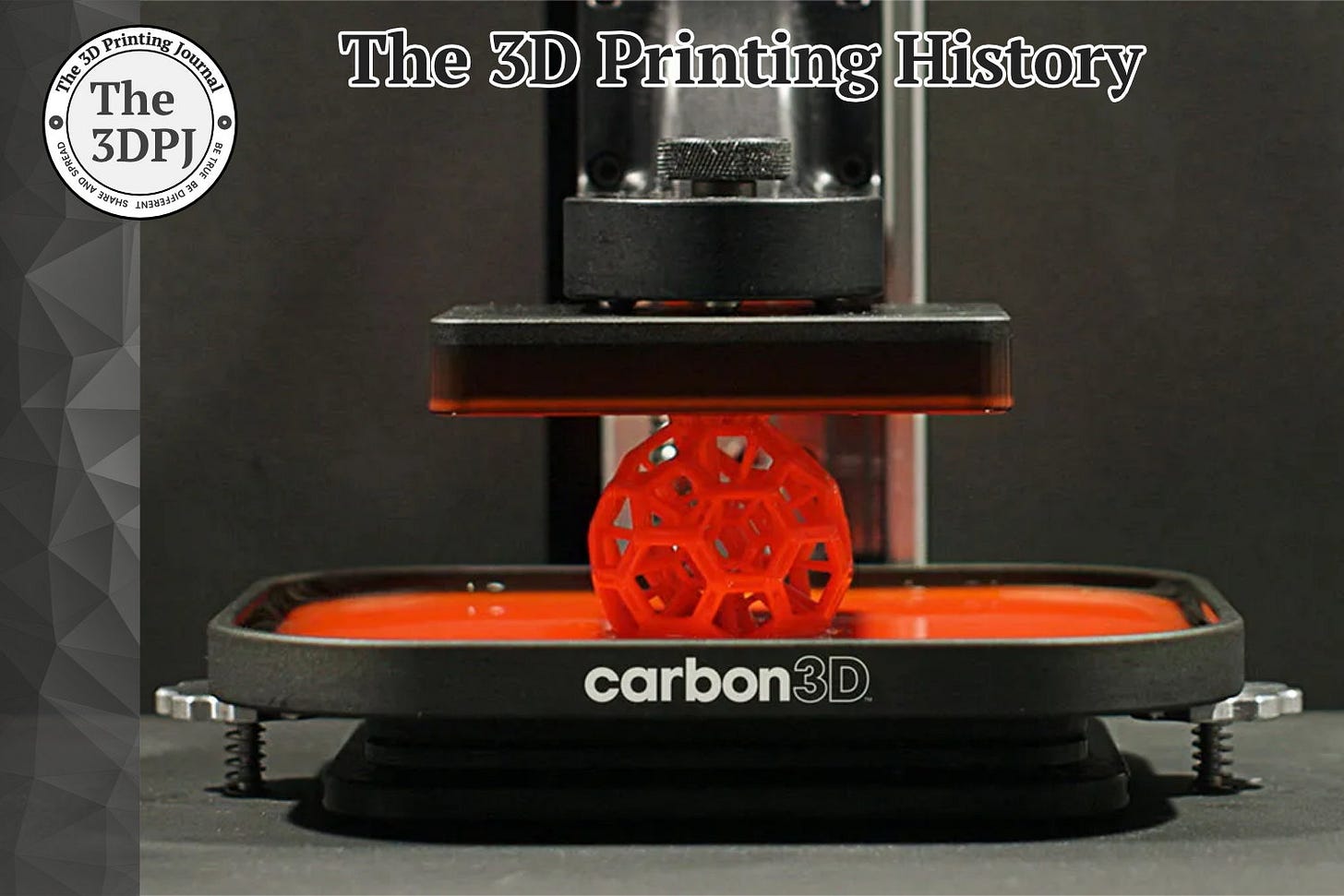08-20-2015: Carbon3D raised $100M from Google Ventures
The money were used to develop a super-fast, continuous 3D printing technology using light-curable resins
On August 20, 2015, Carbon closed a $100 million Series C investment round led by Google Ventures. Other investors in this round included Yuri Milner, Reinet Investments S.C.A., F.I.S., and previous investors Sequoia Capital, Silver Lake Kraftwerk, and Northgate Capital. At that time, between its series rounds and the $10 million provided by the Autodesk Spark Investment Fund, Carbon had raised a total of $151 million.
In mid-March 2016, the whole world—not just the additive manufacturing sector—watched in amazement and awe at an entirely new 3D printing process, which was anywhere between 25 and 100 times faster than what was available on the market.
The so-called CLIP technology (Continuous Liquid Interface Production) was developed by “Carbon3D” - a company founded in 2013. In videos shared with the media, 3D objects (e.g., a miniature Eiffel Tower) were created in minutes rather than hours as had been the case until then. It was as fascinating as it was revolutionary. 3D printing was finally set to become what office printers are for printing text and graphics on paper: instant.
The CLIP process was originally developed by the company’s CEO, Joseph DeSimone, along with his colleagues Professor Edward Samulski, and Dr. Alex Ermoshkin.
Back to the money…
When Carbon presented its revolutionary videos in March 2015, it also noted that it had already raised $41 million in funding via Series A funding with Sequoia Capital and Series B funding with Silver Lake Kraftwerk. In April, the company secured an additional $10 million in investment from Autodesk’s Spark Investment Fund. At the time, it seemed that the Series C investment funding round led by Google Ventures had hit the jackpot. But subsequent funding rounds significantly increased the company’s valuation…
In June 2019, Carbon raised another $260 million in funding, giving the company a new valuation north of $2.4 billion. This came after the high-profile announcement of its collaboration with Adidas and the 3D printing of Futurecraft 4D sneaker midsoles.



